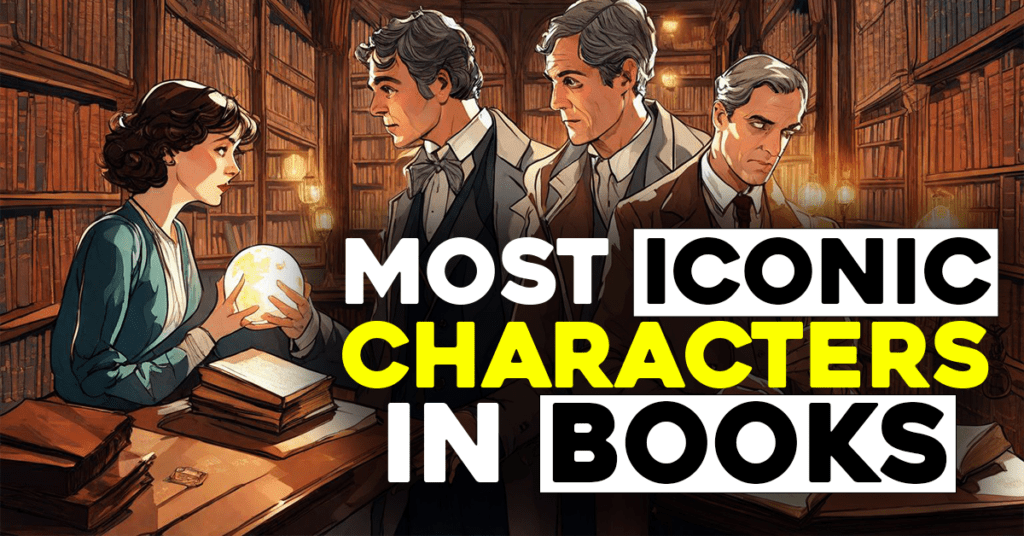Introduction
In our modern era, productivity is not simply about time management — it is life management. I think productivity books are amazing tools that can help you streamline the way in which you work and improve your overall daily efficiency. But what should you get when there are so many options out there? Get to Reading the Best 7 Productivity Books for Insight and Methods on How To Be More Efficient
Summary of Productivity Books
It goes beyond time management too, by the way They are blueprints for greater decision-making, concentration and self-improvement. Use these principles to change the way you live your work and life.
Criteria for Selection
These books to varying degrees were chosen by taking into account their popularity, ranking in expert reviews and consumer feedbacks, as well as the very influence they exerted on readers or because of a unique approach to productivity.
Purpose of the Article
The following is a more detailed breakdown of the major takeaways from each book, including any practical use cases and real-world applications. If you’re already on a productivity train, or if the idea is brand spanking new to you–these books can inform how we use our time in other areas of life.

1. Getting Things Done: The Art of Stress-Free Productivity by David Allen
Key Concepts Explained
Enter David Allen’s 5-step methodology: capture, clarify, organize, reflect and engage. To be stress-free, his system focuses on mental organization.
Practical Implementations
From how to tackle that busy inbox, or just a simple project in need of organizing, his methods are applicable across the board and can be used so nothing gets lost in between.
Impact and Testimonials
Many practitioners swear by Allen’s system as a life-changing method, one which has allowed them to improve focus and reduce stress significantly.

2. Deep Work: Rules for Focused Success in a Distracted World by Cal Newport
Defining Deep Work
Cal Newport first divides work in a binary classification: deep work is the ability to focus without distraction on cognitively demanding task; shallow work, then include any activity that has nothing to do with our target goal.
3 Techniques to Prevent Distractions
To foster deep work, Newport recommends simple strategies such as managing your time with more discipline and allocating every minute of the day to specific task-related activities.
Long-Term Benefits
Deep work basically enhances job skills while simultaneously aids in creating profound happiness and long term success at your career.
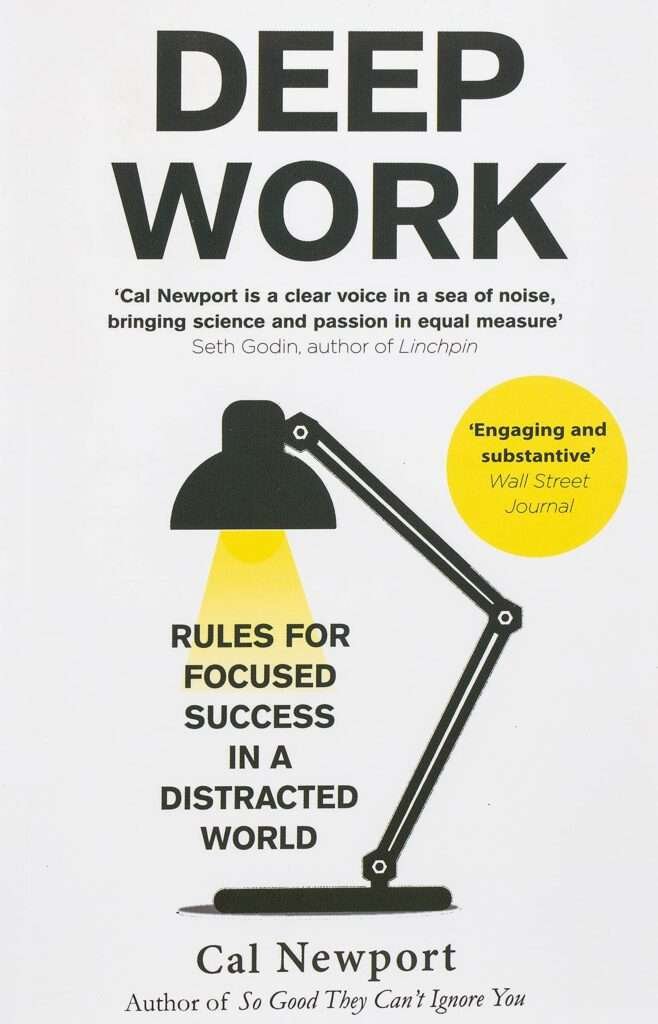
3. Stephen R. Covey (The 7 Habits of Highly Effective People)
Overview of the 7 Habits
Ideas like ‘Begin With the End in Mind’ and “Synergize” are so enduring, because they resonate for good reason – with people at a personal level as well as organizational.
From Theory to Practice
While the idea of integrating these habits into your everyday schedule may seem overwhelming, starting small and commitment to a gradual change can go long way.

Critiques and Limitations
Although acclaimed, the book has been critiqued as being prescriptive in nature. But to many, its advice is timeless and evergreen.

4. Essentialism: The Disciplined Pursuit of Less – Greg McKeown
Essence of Essentialism
Because investing time and energy in a way that is as efficient as innovating at our highest level of contribution… requires being exceptionally selective, not exhaustively comprehensive.
Techniques to Enhance Focus
Such techniques involve more practice of ‘no’ and placing the things that actually align with one’s goals and values on higher place.
Case Studies
Examples are provided regarding how when one eliminates distractions and focuses on their target, they wholeheartedly win in life.
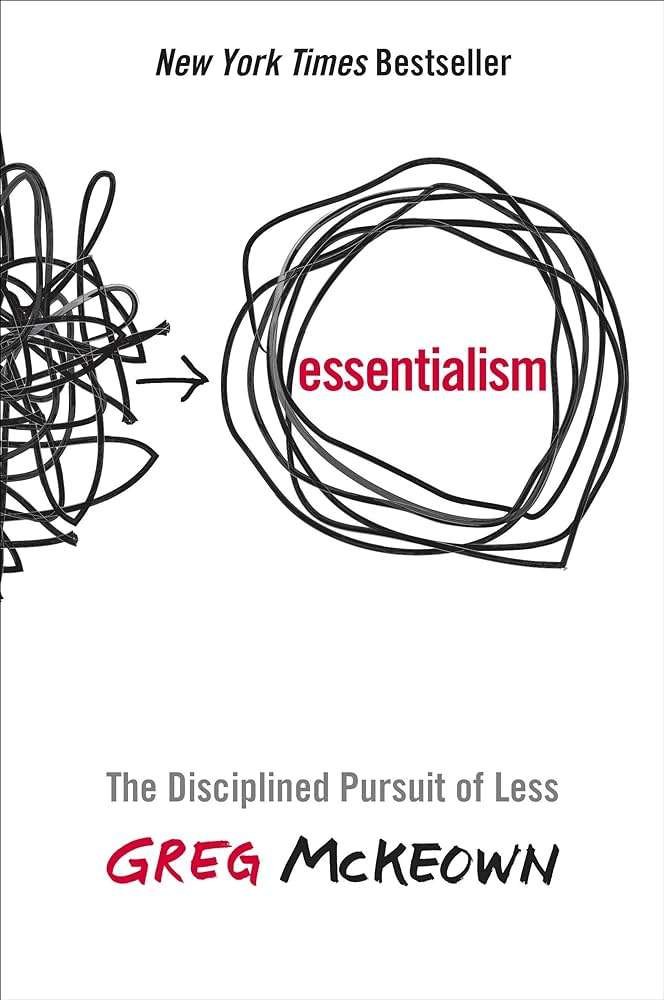
5. Her recommendation: “The 4-Hour Workweek: Escape 9-5, Live Anywhere and Join the New Rich,” by Timothy Ferriss
Synopsis of Key Principles
Ferriss argues for a series of ‘mini-retirements’ rather than saving up enough money to enjoy life when you retire, as well as outsourcing aspects of your life in order to free time.
Debunking Myths
Though many are skeptical, Ferriss goes on to provide abundant proof and case studies that show it is indeed possible to hit a 4-hour workweek with the proper attitude and mechanics.
Success Stories
Using the methods of Ferriss, readers across the world have been able to travel all over Europe at no cost and start profitable businesses.
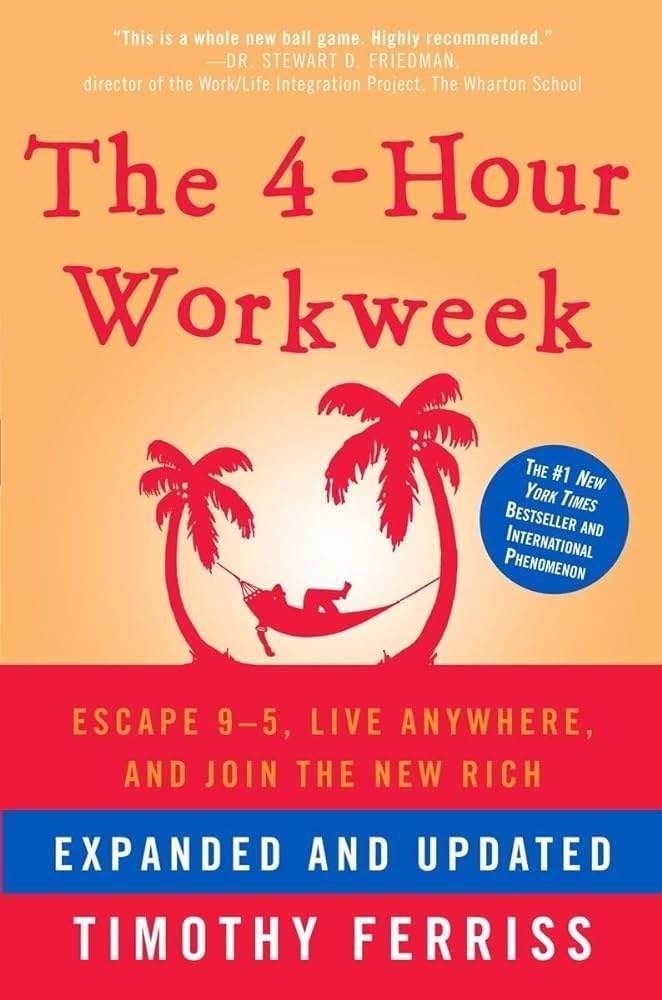
6. Atomic Habits: An Easy & Proven Way to Build Good Habits & Break Bad Ones by James Clear | Best Productivity Books
The Science of Habits | Best Productivity Books
In Clear, we glimpse into the exponential growth of self-improvement and how trivial changes aggregate great modifications over time.
Core Strategies | Best Productivity Books
His four laws of behavior change—cue, craving, response and reward—are simple but powerful strategies for developing habits that stick.

Long-Term Impact | Best Productivity Books
Clear starts off by demonstrating numerous scenarios in which minor changes to ones habits yielded dramatic benefits.
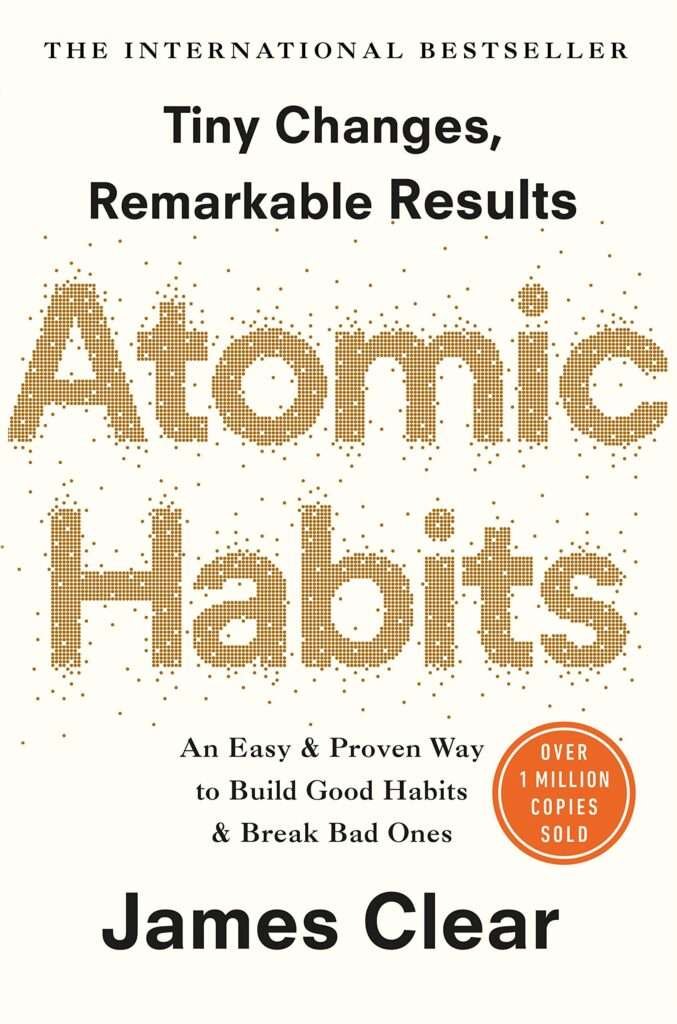
7. Make Time: How to Focus on What Matters Every Day by Jake Knapp and John Zeratsky | Best Productivity Books
Book’s Framework | Best Productivity Books
Their approach revolves around re-architecting your day-to-day: cutting through reactionary, low-value jobs to do work that really matters.
Daily Tactics | Best Productivity Books
Strategies like scheduling a daily highlight, supersonic-overlord-this-highlight and reviewing your day in the evening.
Real-life Application | Best Productivity Books
These tricks were used by thousands of people to ramp up productivity at personal projects and professional tasks.
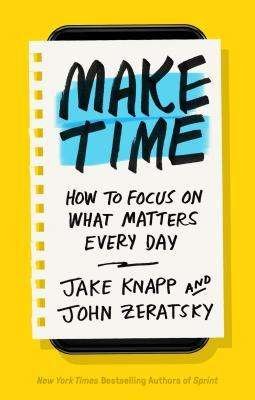
Conclusion | Best Productivity Books
Recap | Best Productivity Books
The unique productivity tips and how-to steps with a description of everything that is discussed in each book. These readings can help improve soft skills essential for self-development and work productivity.

Final Thoughts | Best Productivity Books
Simply choose from some or all of what seem to be the books closer to your current productivity issues. Books exist for all aspects of emotional intelligence, communication and the general how to be more badass at life.
Call to Action
Pick one up and use it in your practice today; the smallest of changes can be some distance along an already well-trodden road streamlining personal productivity! Your initial step toward improving your soft skills will lead to a more successful and rewarding career.
FAQs | Best Productivity Books
- Which book is best for someone new to learning about productivity? “Getting Things Done” by David Allen is highly recommended for beginners. It offers practical, step-by-step advice on organizing tasks and managing time effectively.
- Are there digital resources or tools recommended by any of these books? Yes, many productivity books recommend digital tools. “Getting Things Done” suggests using task management apps like Todoist or OmniFocus. “Atomic Habits” by James Clear recommends habit-tracking apps like Habitica or Streaks.
- How can I tailor the strategies in these books to fit a busy lifestyle? Focus on key principles and start small. For example, “The 7 Habits of Highly Effective People” by Stephen Covey emphasizes prioritization and time management, which can be adapted by scheduling tasks in small increments and focusing on high-impact activities.
- What common productivity mistakes do these books address? Common mistakes include multitasking, lack of clear goals, procrastination, and failure to prioritize. These books provide strategies for setting clear goals, breaking tasks into manageable steps, and focusing on one task at a time.
- Can these productivity principles be applied in non-work-related areas? Yes, productivity principles can be applied to personal goals, hobbies, and daily routines. For instance, “Atomic Habits” teaches how to build and maintain good habits, which can be used to improve health, relationships, and personal growth.
- 4o
Adopting insights from these top productivity books can make a noticeable difference in your personal and professional life. Start today, and prepare to transform your approach to productivity forever!
Check Out The Sources
Check Out More



